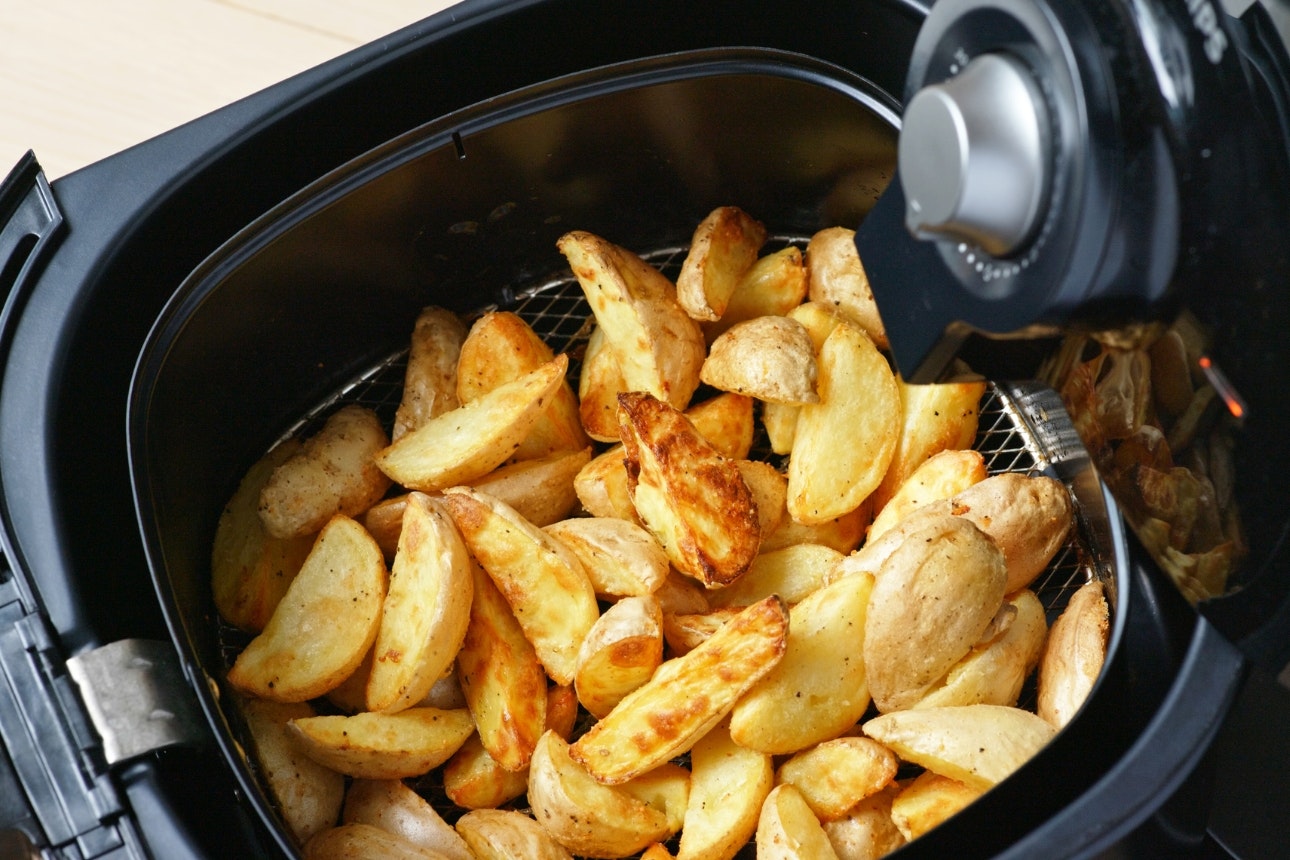We’ve found some good options for your morning cuppa.
Given the simplicity of an electric jug, it’s hard to believe they’re not all the same. But they’re not. Some are noisy, others not easy to fill and, in some cases, styling impedes function. We’ve tested a range of models for ease of use, noise, boiling performance and energy efficiency.
Already know what you want in a kettle? See which models performed best in our test.
Best kettles of 2025

Top-performing kettles

Best value kettle

Best smart kettles

Most stylish kettles
Get access to Consumer & see all reviews
Thousands of expert product/service reviews
Personal support through our Consumer Rights Advice Line
Premium articles and in-depth buying advice
Add a Consumer magazine for even more exclusive content
Choosing the right jug or kettle
If you’re thinking about buying an electric kettle, here’s what to consider.
Boil time: Most models will boil a litre of water in around 3 minutes, but times do vary depending on power rating.
Pouring and filling: Models with a wide spout can make it tricky to pour water into a narrow opening, but the spout needs to be large enough for easy non-spill filling, or the lid should be easy to open.
Lid type: Lids are either hinged or removeable. Hinged lids often have a button to pop them open which is convenient, but over time these mechanisms can be prone to failure. Removeable lids are more robust in that regard, but usually require two hands to wrestle them off, one to hold the kettle down and the other to pull of the lid.
Base: Many cordless jugs now have a circular base with the electric connector in the centre. This means they can be turned on the base 360° and easily used by left- and right-handers.
Water-level gauges: Some jugs don’t have an exterior gauge, which is a distinct disadvantage.
Power on light: A valuable convenience and safety feature.
Audible boil alert: An audible tone or click to alert you that the boiling is complete can be useful if you have a quiet kettle or are in a different room.
Scale filter: It won’t filter the water, but it’s useful if your water supply is "hard" (or high in calcium carbonate). Otherwise, follow the instructions here to descale your kettle.
Temperature settings: A number of models now have the ability to set the temperature of the water, which is great for specific types of beverages that don’t require boiled water, for example green tea which is best steeped at around 80°C or coffee which requires 95°C. Our lab tests have shown that these different temperature settings aren’t always very accurate though.
Cord storage: The unit should have some way of storing excess cord so it doesn’t curl around loose, or worse, hang over the edge of the bench so a toddler could pull on it. Most of our tested models have cord storage.
Safety: Auto-boil-off and boil-dry protection are common to all the models we tested.
Materials: The sides and lids of stainless-steel models get very hot and could burn you. Lightweight plastic jugs stay cooler to the touch and are easy to lift and use.
Cleaning: A smooth surface with few crevices will help prevent dirt accumulating. Plastic jugs are easier to clean unless the dirt is ingrained.
Too noisy?
The noise a kettle makes is the sound of collapsing bubbles of steam that expand from the bottom of the kettle and rise up and collapse. Kettles are noisier at the start of the heating process as these bubbles are moving through cold water and collapse faster. This noise reduces as the water heats, because the bubbles stop collapsing (instead they start forming the visible bubbles that you can see).
The noise problem is often worse in areas where the water is “hard” (it has a higher concentration of minerals). The limescale that the minerals leave on the element is an insulator, slowing down the transfer of heat, extending the boiling time, and increasing the noise. Regular descaling of your kettle is therefore recommended.
Quiet boil kettles have a special coating on the inside that change how the bubbles form during heating (making them smaller) which reduces the noise – usually to around 50dB. These kettles still develop limescale though.
How to descale your kettle
You can descale your jug or kettle by half filling it with a 50:50 mix of white vinegar and water. Boil, rinse, then refill and boil with plain water. Boil again if the vinegar smell persists. For more information take a look at our article on making your kettle quieter.
Which jugs and kettles are most reliable?
We ask thousands of Consumer members about their products to find out which brands are most reliable and satisfying to own. The results are available to members and Digital Pass holders.

People's Choice
Our People's Choice awards are granted to brands that consistently rate above average for customer satisfaction and meet out other performance criteria. Become a member and see which brands have earned a People’s Choice award.
Was this page helpful?

Air fryer reviews

Do you really need that small kitchen appliance?
